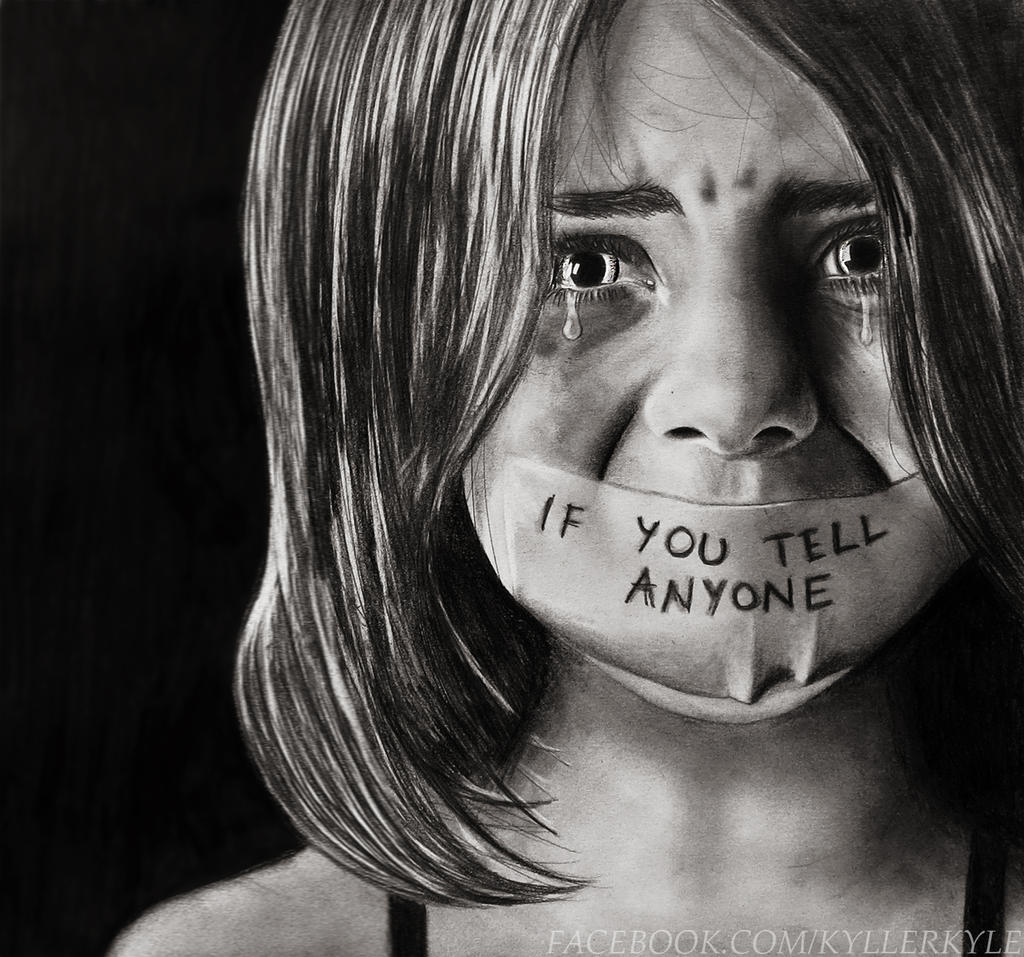The death of a wounded Taliban insurgent at the hands of a UK
Royal Marine sergeant during his overseas deployment had left the Marine with
life imprisonment for his crime. Evidence against Seargeant Alexander Blackman
was a video that showed him and four other marines debating whether to give the
Taliban fighter medical care. Blackman was seen shooting the Taliban fighter.
Blackman’s identity was protected by privacy until the Court
Martial Appeal Court lifted the anonymity order. According to Judge Advocate
General Blackett said that war and the battlefield may not be the places for
peace and humanitarian activities, but if the British Armed Forces do not
comply with humanitarian law and the laws of armed conflict, they are on the
same level as their enemies.
Alexander Blackman is the first individual to be convicted
of a murder during overseas deployment since World War II. Blackman is eligible
for parole after serving a minimum of 10 years imprisonment.
In the battlefield, government soldiers are expected to act
under the jurisdiction of the rules of engagement.
This means to disarm or
disable at all costs their enemy, but mercy and tolerance be shown during
engagement. Mercy killings, executions and looting breaks the rules of
engagement in the battlefield.
Source










